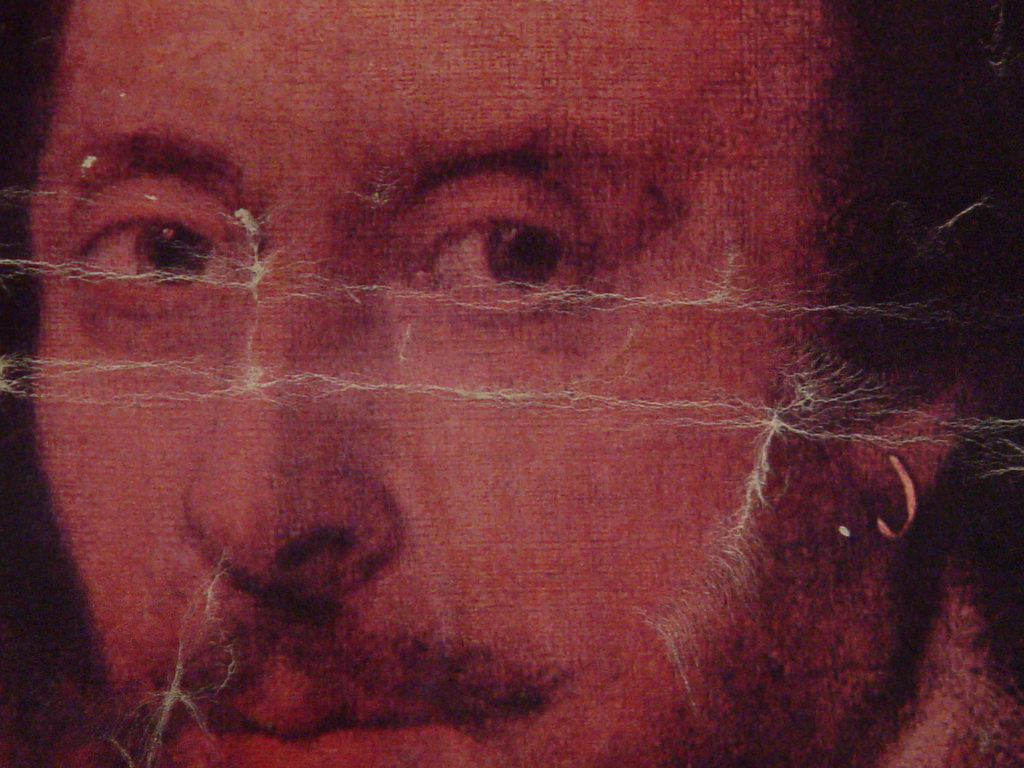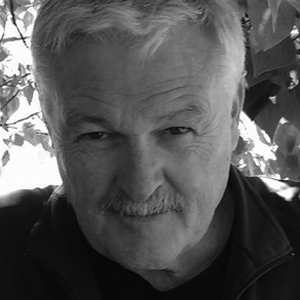Rewriting Shakespeare
You have to be an idiot to write a “big” play and expect it to be produced in Canada. And I’m an idiot, proven over years of perverse dedication to writing stuff that stands outside the zeitgeist looking in. The hard rub of ordinary domestic conflicts and the manifold grievances and bitches that fill our air with noise are not subjects that rouse my interest. The apparent demand of Canadian audiences for the small, suddenly illuminated thing that can be given a voice by one, two, or even a half-dozen actors, are not within my ken.
My “new” work about Richard III requires at least a dozen actors and a big space where they can play. The cost of staging it will be, well, not inexpensive. As a result, there are two, three, or perhaps four theatre companies in the entire country who could take it on—but who probably won’t, because the risk of failure is too great. It’s why almost every mainstream stage does the tried and true ad nauseam, even if the works are foreign-born.
The play, The Dream of Richard, King, began about thirty-five years ago when I chanced upon The Daughter of Time, a book by Josephine Tey. She convinced me that the man Shakespeare portrayed as the embodiment of sheer and utter evil was in fact the victim of ex post facto propaganda. The history upon which Shakespeare drew his Richard III was written by those whose special task it was to justify the usurpation of the English throne by Henry Tudor (later Henry VII), who defeated Richard at Bosworth Field in August 1495.
I decided to vindicate Richard by writing a new play based on the revised “true” history, although even the new history is much, and hotly, disputed. It would have been a big enough task to write using the common parlance of today, but my youthful arrogance made me want to write the play in verse. Shakespeare had done it. But could modern verse, in the free-form styles of my idols ee cummings, T.S. Eliot, William Carlos Williams, and Wallace Stevens, be used to pull off a play of this kind? I had to write it to find out.
When the play was written to a reasonable level of completion, I sent it off to that other remarkable Richard, critic and dramaturg Richard Ouzounian. He complimented some of the writing, but not the play in its entirety. I hadn’t nailed a story arc that would engage an audience, and much of the verse was too rough and ready. Worse, I hadn’t dramatized anything worth dramatizing.
I wasn’t upset with Ouzounian’s notes. But I wasn’t confident enough in my own abilities to do the work that would make the play sing and dance. I was still brooding on my abilities as a writer when I got caught in powerful crosswinds that made me stuff the manuscript in a drawer: a first marriage breaking up, a new baby caught in the middle, the need for money. Looking back, I also think I lacked the kind of courage and pigheadedness that it takes to lead an artistic life. Regrettably, I chose what I thought was a safer path.
And then, a reawakening of sorts. In 2012, some human bones were found in Leicester, and, long story short, they were proven to be those of King Richard. They were cleaned of 530 years of dirt and duly reinterred—with much pomp and ceremony—in the Leicester cathedral. The locals set about turning the city into a tourist destination based on Richard’s life and times, and I dug out my old script to see if I could buff it up, with the hope of producing it over there.
Oh, lord! The decades-old manuscript was a disaster. Except for a few passages, the writing was pathetically bad. Ouzounian had been overkind, as the best dramaturgs are with neophyte playwrights. My youthful ambition had had no matching talent: my poetry lacked consistency and cadence, my images were often fuzzy or inappropriate, my dialogue sophomoric and lead-weighted, the whole thing a moonshot that went terribly awry and missed its target by a cosmic mile.
And yet the rattling of Richard’s newfound bones woke up my old ambition. Since my first attempt all those years ago, I had learned much more about putting language to work. And I finally had something I wanted to dramatize, taking into account the discovery of his bones and the new historical evidence that has surfaced since Josephine Tey wrote her book.
Shakespeare had effectively pinned the murder of the Princes—the sons of his dead brother Edward IV—on Richard, as part of Richard’s own malevolent drive to usurp the throne. What is now clear is that no prosecutor could win a conviction against the maligned king. It doesn’t mean he was innocent of the deed; just not guilty beyond a reasonable doubt.
If you undertake to write a play that Shakespeare did with such memorable force, and you decide to write it in verse, you will not survive the comparison with your pride intact. However, that pride is also served by taking on something so challenging. Maybe, just maybe, the result might be a play as right, as purposeful, and as compelling for our times as Shakespeare’s was right for his. I didn’t want to write anything based on the implausible conceit that I could out-bard the Bard, but nor did I want to succumb to the idea that because Shakespeare had done a Richard III, no one else could take it on, any more than a painter might, well, you know… Better that I not put my hand to a Last Supper.
If I were to succeed at all, I had to allow myself to express myself fearlessly. The voices in your head that say, don’t do this, don’t even try, it’s pointless, it will be unproduceable; the critics will mock you for your temerity; the audience will resent you for taking so much of their time, they are part of a chorus that sings: “Limit your ambition”.
But idiots don’t listen, because we can’t. It’s part of the definition. So the question, if we are to plough ahead, is what do we want to express?
The Dream of Richard, King begins with Richard emerging from under the ripped-up tarmac of that parking lot in Leicester and at the end has him swallowed by the black hole of inevitable change; a man caught in the incontrollable spin cycle of troubled times. He, like us, is caught up in a world he, even as a King, cannot control. Events overtake him, bewilder him. He’s us, not a creature of Elizabethan times.
Once the principal ideas of the play had crystallized, the rules of the writing engagement fell into place easily enough. I laid down these guidelines for the work: do not use iambic pentameter (it’s cloying to the modern ear), put the new revelations of history on the boards, and deal with the probability that Richard may have been framed or may have killed the Princes. Put Richard and the other players in a dreamscape and let them swim the weird currents of roiled time and space.
Did I accomplish what I set out to do? Not for me to say, at least until the play is produced and my own inner voice, along with the voices of whatever audience might take the chance to see it, pass judgement. It’s Canada; that day may be long in coming.









Comments